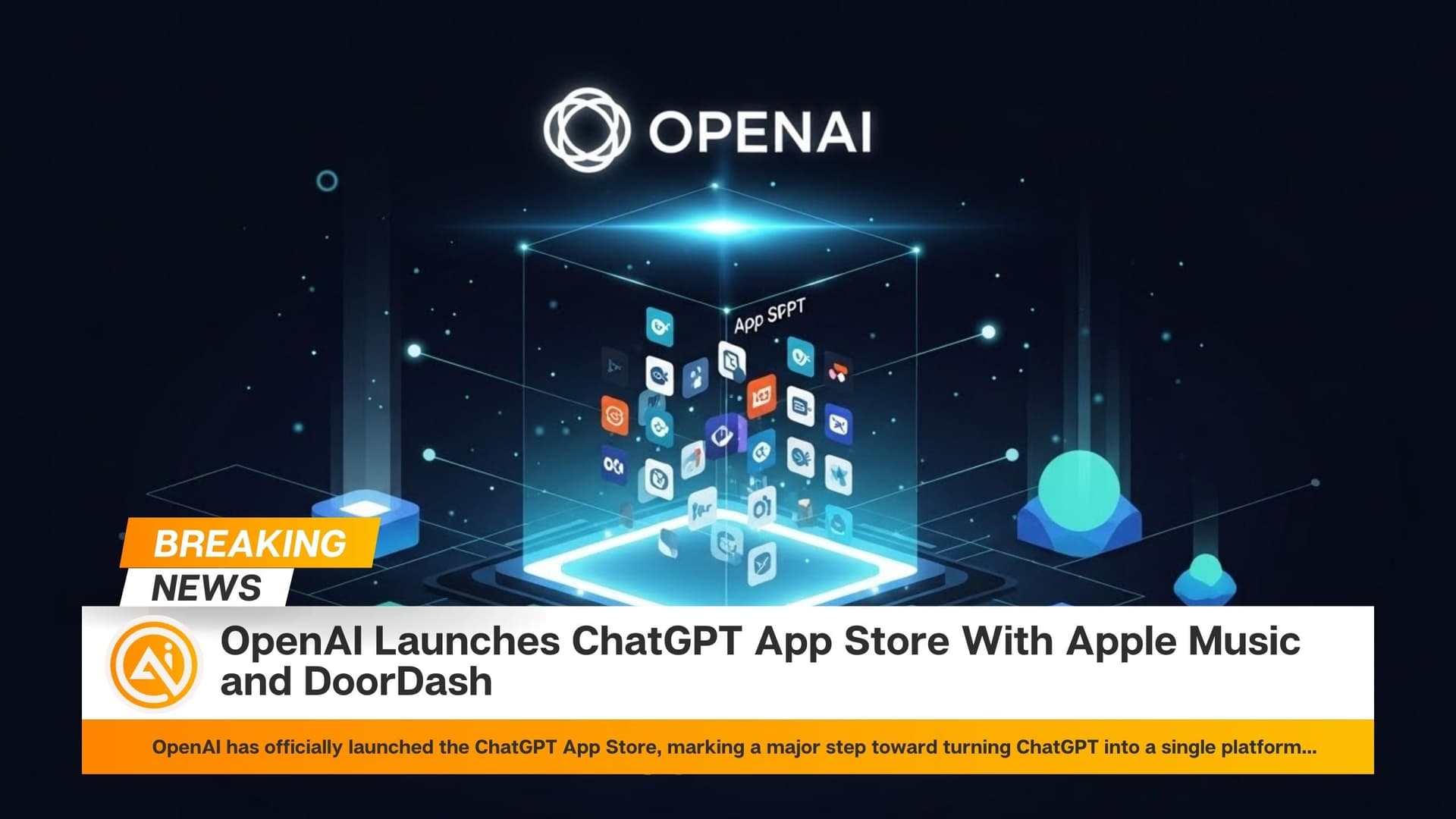Google’s recent technical report on its powerful AI model, Gemini 2.5 Pro, published weeks after the model’s release, has drawn criticism for its lack of detailed safety evaluations. While such reports are typically seen as crucial for ensuring AI models’ transparency and safety, experts noted that Google’s report fails to provide sufficient information on the model's potential risks. The report notably omits findings from some of the company’s safety tests, particularly its "dangerous capability" evaluations, which are kept separate for an audit.
Unlike some of its competitors, Google’s policy is to release reports only once a model is considered fully developed and not experimental. However, experts, including Peter Wildeford of the Institute for AI Policy and Strategy, have expressed concerns about the sparse details in the Gemini 2.5 Pro report. Wildeford pointed out that it’s impossible to assess whether Google’s safety measures meet its public promises, making it hard to gauge the model’s true safety.
Thomas Woodside from the Secure AI Project also voiced disappointment, highlighting that Google’s commitment to timely, thorough safety evaluations remains uncertain. Google has yet to release a safety report for Gemini 2.5 Flash, a smaller version of the model introduced recently, further fueling doubts among experts.Google’s history of delayed or insufficient safety reports is not unique in the AI industry. Meta and OpenAI have faced similar criticism for their own AI model evaluations. Despite Google’s previous assurances to regulators about providing transparent safety reports, the inconsistency in releasing timely safety evaluations for key AI models raises concerns about the company’s commitment to AI safety.
